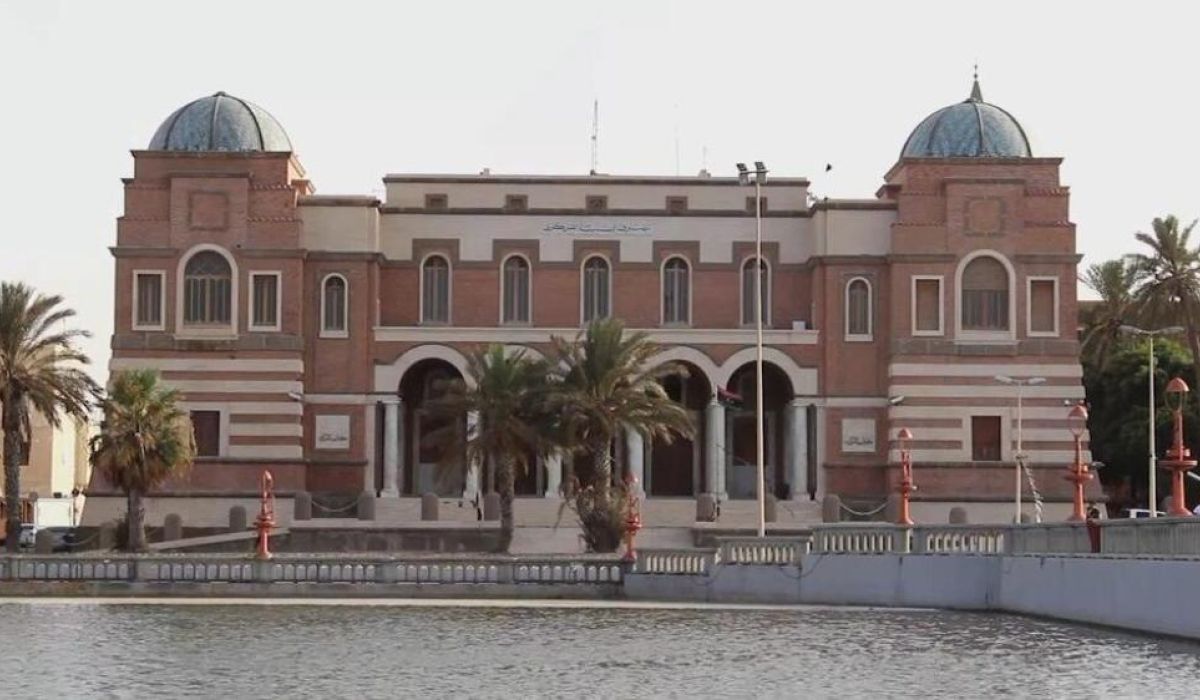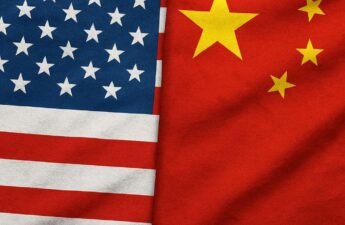Chaos and violence are major prerequisites for the removal of an official from Libya’s official institutions, from the National Oil Corporation to the Libyan Investment Authority and now the central bank, the country’s highest financial institution.
Two days ago, the abrupt removal of Libya’s Central Bank governor, Mr. Sadeg Kabir, was quite dramatic. Supporters and opponents were highly visible, demonstrating their loyalties to protect their interests. For some, the demonstration of force was a viable option.
Some global financial centers and governments are concerned about how chaotic this issue was handled by Libya’s presidential council and the Central Bank’s governor. While Libya’s traditional economy means that the direct financial effects on regional and global markets are limited, there is potential for an impact on Libya’s already fragile economic and financial system, which is a cause for concern.
There is currently no functioning central bank in Libya to oversee the country’s complex monetary policy and operations as the bank remains closed.
Libya’s already precarious financial reputation is in jeopardy as its weak currency is about to plummet much worse.The USA and UN sanctions teams are now unsure of Libya’s capacity to handle its finances responsibly, which could further complicate and potentially prolong Libya’s investment authority’s efforts to unfreeze billions of dollars worth of its assets in international markets.
By: Omar Khattaly




